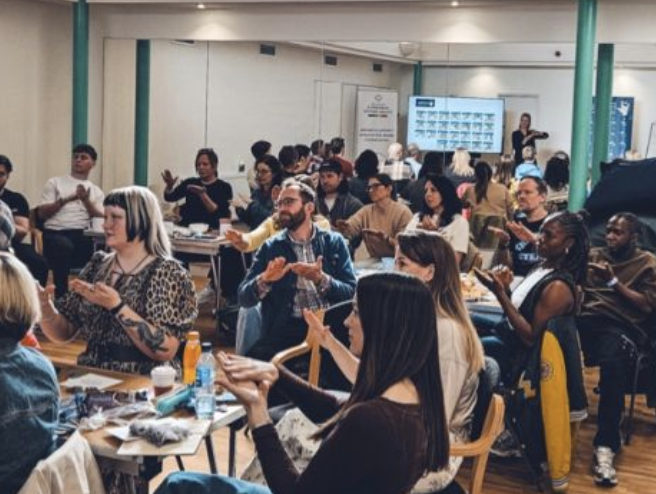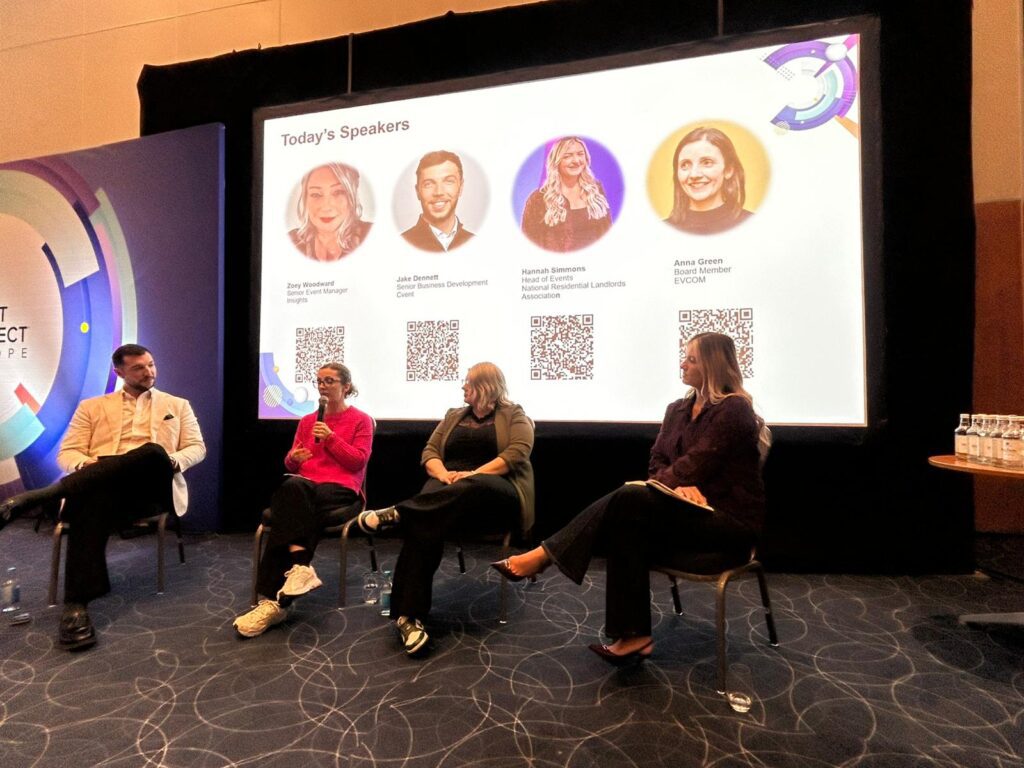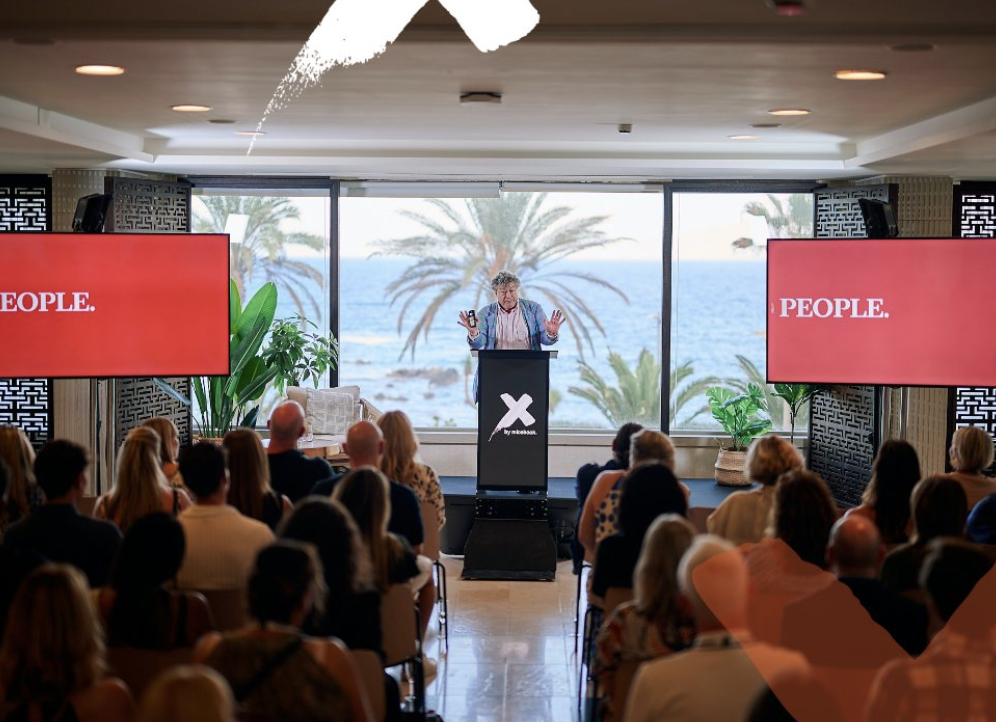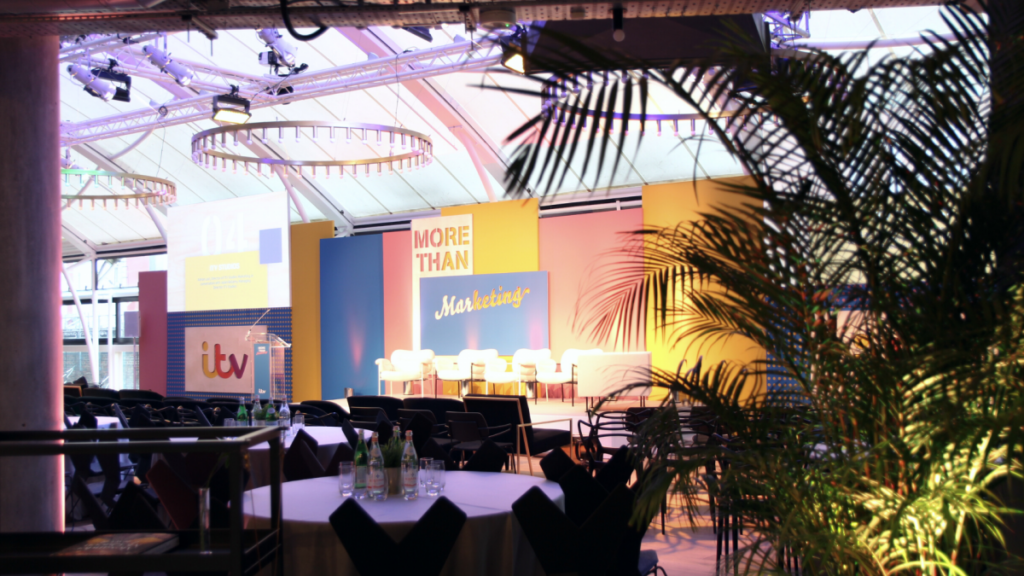The Agile Event Planner: How To Thrive In The Events Industry
Building Accessible Events: Lessons from Broadsword's DEI Day

24% of the UK population have a disability, with 53% employed in the workplace, 1 in 7 being neurodivergent and 18 million deaf and hard of hearing individuals in the UK. Access and Inclusion is a varied topic that and it is integral to the attendee and employee experience to remove barriers to participation in events.
The Broadsword team came together for an Accessibility and Inclusion workshop organised by our employee led working group on DEI. Inviting accessibility and inclusion consultant, Rachel Belliere Wilson, to deliver the session we explore what makes events truly accessible and inclusive (and why this is so important). The team also had an impactful workshop on deaf awareness from Nancy Weatherson, Director at FeelHear talking about how event professionals can make simple changes to bridge the gap between the hearing and deaf community.
Content included a ‘walk a mile in my shoes’ exercise in which the team were given first hand experience navigating a venue with wheelchairs, vision impairment glasses, and earplugs to recognise the impact of physical access challenges, as well as neurodivergent headset simulation – imagining how it might feel for those experiencing processing differences. With a coach from FeelHear Deaf Awareness running a session on communications.
The social model, in which people are disabled by barriers in society rather than their impairment or condition, was central to the session. It was staggering statistics such as the fact that 79% of those with disabilities put off going to live events, 50% of those attending report accessibility and inclusion problems, and 73% feel discriminated against or excluded at events.
There are a number of barriers facing attendees with disabilities whether they be environmental barriers which include inaccessible venues or prejudices and stereotyping.
Rachel talked the team through some ways to reduce these barriers which included ensuring on site staff are trained, and continuous improvements are made through accessibility specific feedback. (More suggestions can be found in our guide to accessible events) It was central to the learnings that the event experience begins at registration, with 83% experiencing difficulties when registering for an event and only 1/3 tube stations being step free.
We spent an entire day together and it was important for us to use the opportunity to have a greater impact and support incredible charities. First hosting the workshop at a space in The Clean Break Theatre Company. The women’s charity and venue uses theatre to transform the lives of women who have experienced the criminal justice system or have been identified as at risk of entering it. Following the workshop the team then had the chance to take part in a cooking class making cinnamon buns at Luminary Bakery. The social enterprise provides opportunities for employment and creates a safe space for women who have experienced homelessness, abuse, and exploitation.
The entire team bought passion and investment to the day. It was defined by open conversations, a desire to learn and a genuine commitment to be thought-leading in event access and inclusion. Rachel shared some key takeaways to apply to planning more accessible and inclusive events:
- The experience starts at point of invitation
- Explore all perspectives
- Collaborate and involve those with lived experiences
- Make Accessibility and Inclusion a leading thought in your planning


